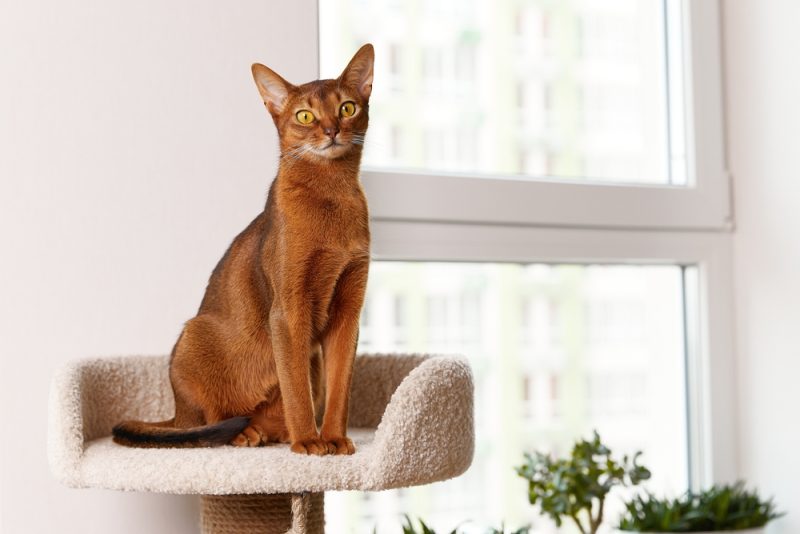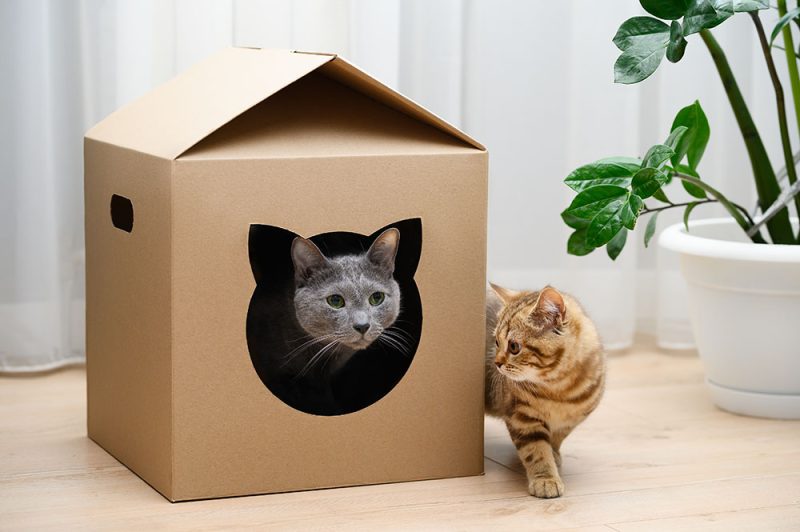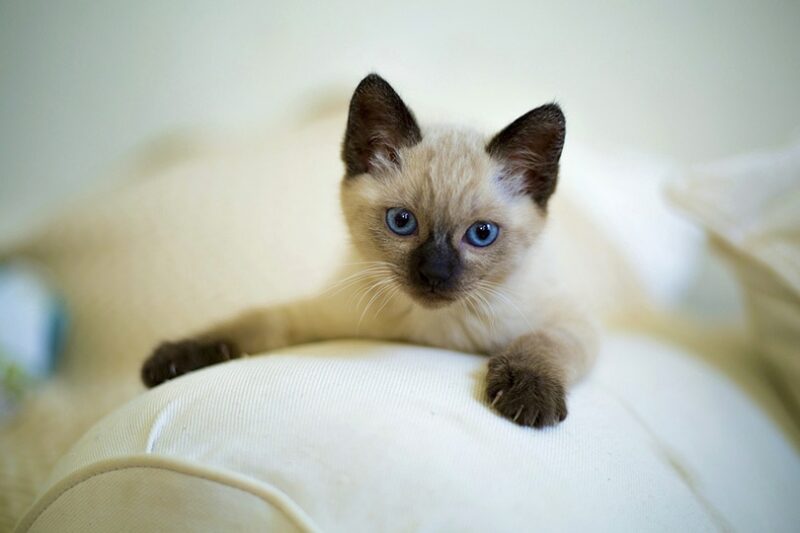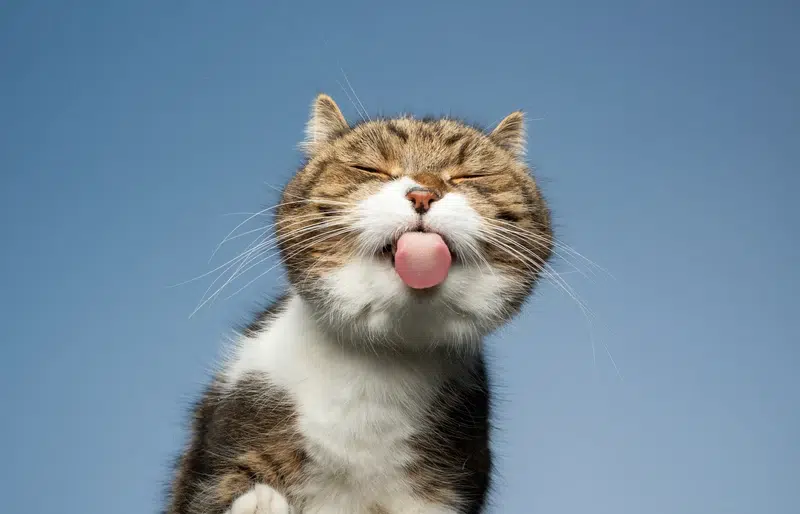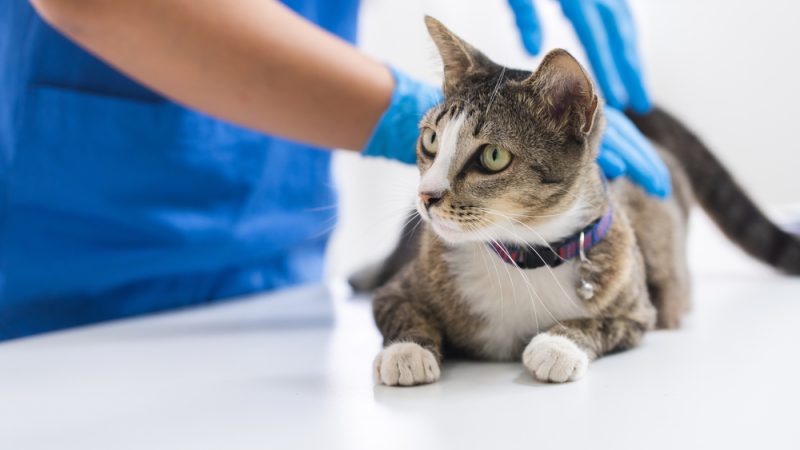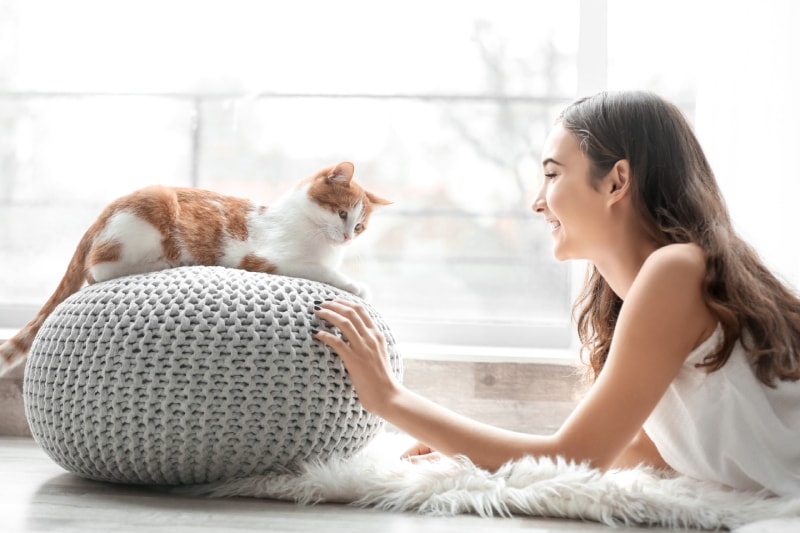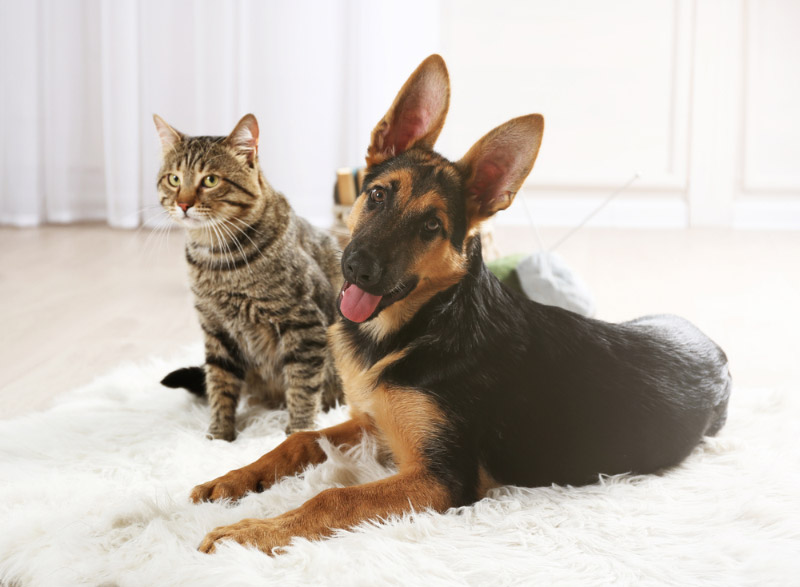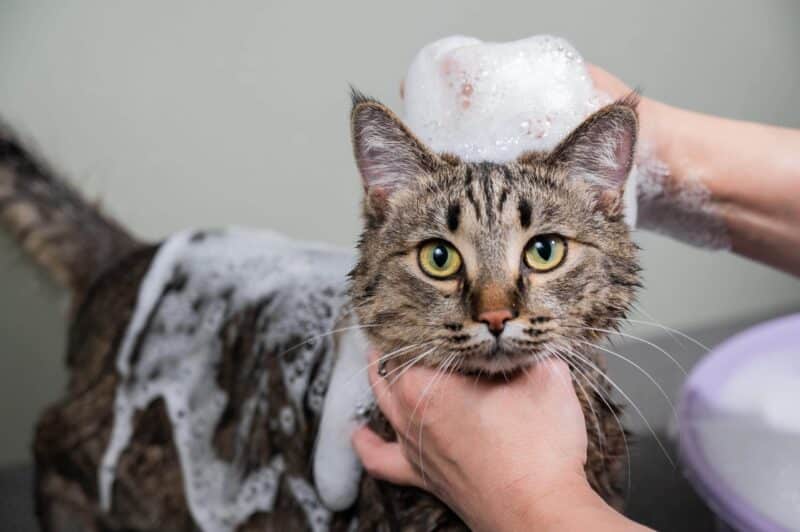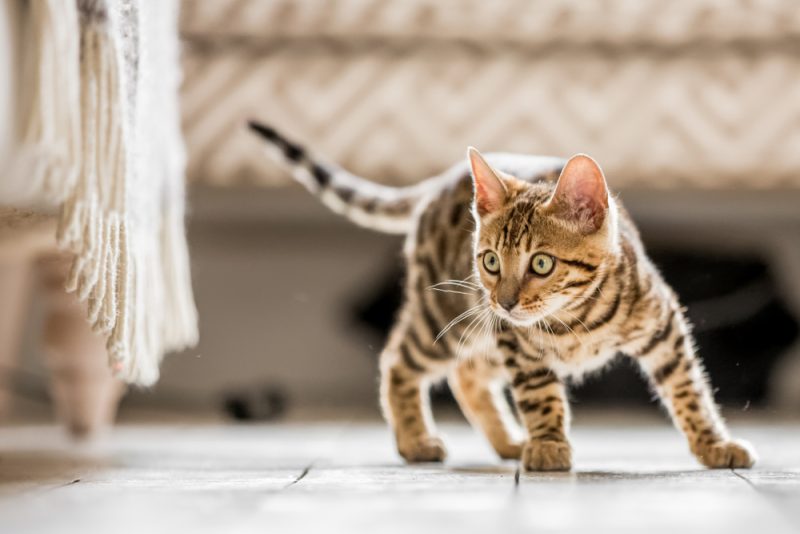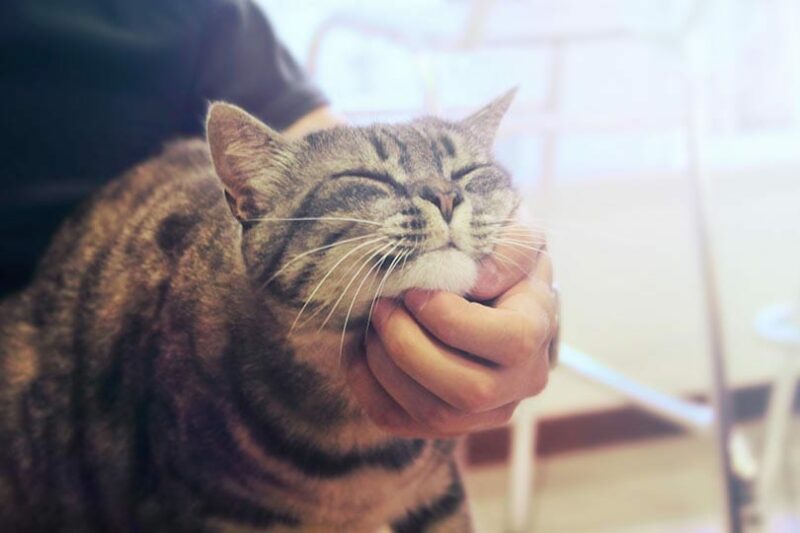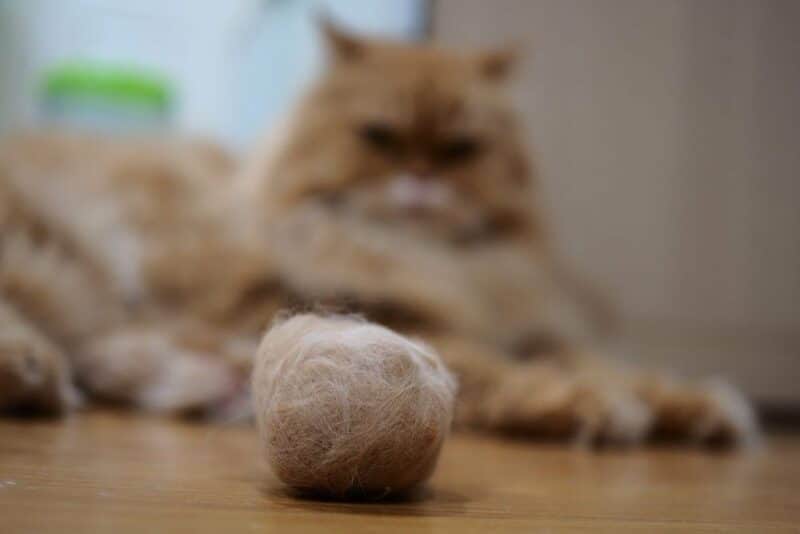In this article
The Abyssinian, also known as the “Aby,” is a medium-sized cat with a short coat and a lean but muscular body. They’re known for being playful, incredibly active, and sociable. However, if you’re considering bringing one of these cats into your family, you might wonder how long they live. We’ll discuss the Abyssinian’s lifespan and everything that might affect their quality of life.

Abyssinian Cat Average Lifespan
The average lifespan of the Abyssinian is 9–15 years, but they have also been known to live longer than 15 years with proper care and attention. Of course, there are some factors that you won’t have any control over, such as inherited health problems. But there are many areas of a cat’s care you have total control over, such as their environment and nutrition.
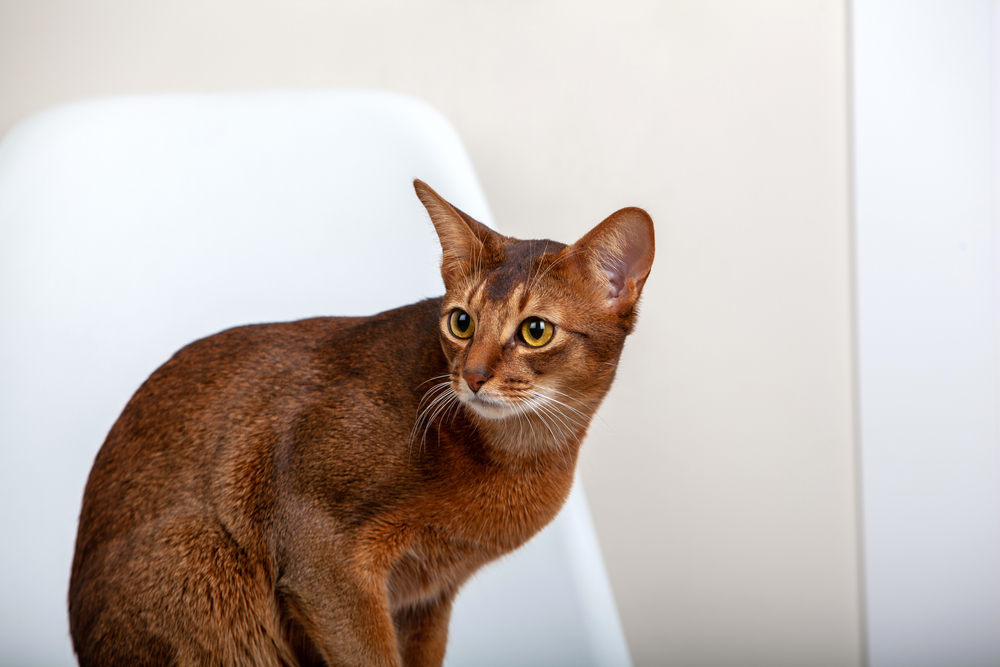

How to Care for Your Abyssinian Cat for a Long Lifespan?
Abyssinians are one of the oldest cat breeds, potentially related to cats of ancient Egypt. Or they may have descended from eastern Asia. Whatever the real story, these cats clearly share a long history with humans. So, it probably doesn’t come as a big surprise that they’re pretty healthy cats as breeders have worked hard to choose the healthiest felines to pass on their genes.
It might seem like the average lifespan of the Aby has a large discrepancy, with some living for nine years while others surpass 15. So, let’s take a closer look at everything that can affect the lifespan of your Abyssinian.
Feeding & Diet
Feeding your Aby a proper diet will help ensure they have the right fuel to support them. Your Abyssinian will require a meat-based diet, which will provide them with the energy they need to play, chase, and climb to their heart’s content.
Ideally, their diet should be at least 26% protein and 20% fat 1. You’ll want to limit the number of excess calories that you feed as these can lead to weight gain and obesity, which can, in turn, can lead to various other health problems such as diabetes and joint issues. Serving a diet based on your cat’s specific needs, age, and activity level is also vital. If you are confused about where to start, contact a veterinarian.
Need veterinary advice but can't get to the clinic? Catster recommends PangoVet, our online veterinary service. Talk to a vet online and get the answers and advice you need for your cat without having to leave your living room — all at an affordable price!

Environment
The Abyssinian is also known as the “Aby-silly-an” because they are incredibly energetic and always up to something. They love to be up high, so expect to see them sitting on a shelf or countertop. A smart purchase is the tallest cat tower you can find.
As an intelligent breed, investing in mentally stimulating games is also a good idea to keep them busy. This is particularly important if you plan to leave them alone for longer periods. Typically, they don’t do well with being alone, so hide some treats around the house for them to find or leave extra toys to play with. If your Abyssinian gets bored, they can become destructive.
Care
Abyssinians are relatively low-maintenance pets since they have short coats and tend to shed less than other breeds. A weekly brushing will help remove debris, dander, and loose hair. You should also check their ears weekly for debris, dirt, or any signs of infection. Never stick anything into your cat’s ears; use a soft cotton ball or cloth to remove dirt or waxy build-up.
As with any cat, looking after your Aby’s dental health is essential. Daily brushing is the most beneficial to prevent plaque and remove tartar. At a minimum, you should brush your cat’s teeth once a week and have regular veterinary dental checkups to help prevent dental disease. Additionally, you will need to trim their nails two to three times a month, but the timeframe for every cat differs.
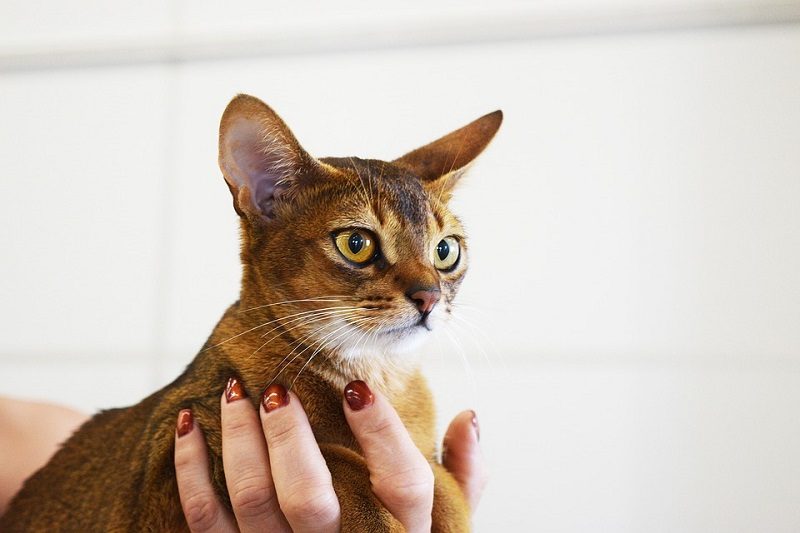
Training
Thanks to their intelligence and curiosity, Abyssinians are considered one of the most trainable breeds. You can even teach them to perform tricks or walk on a leash using positive reinforcement techniques.
They can be trained to solve puzzles, jump through a hoop, and run through agility courses. Training might seem unrelated to your cat’s lifespan, but keeping this smart kitty’s mind busy is important for their mental health.
Healthcare
Abyssinians are generally healthy, but there are some conditions they may be prone to. This doesn’t mean they are definitely going to get something on this list; it just means there may be a higher likelihood, so it’s important to be aware of them.
- Patellar luxation: This hereditary condition results from the patella (kneecap) moving out or dislocating from its normal position (luxates).
- Dental disease: It’s believed that over half of all cats over 3 years old have some form of dental disease which can affect a cat’s food consumption.
- Progressive retinal atrophy: This is a degenerative eye disease that can result in blindness.
It’s essential to keep up to date with your scheduled vet visits, as the sooner a problem is caught, the better the outcome. Furthermore, if you are ever concerned about your cat’s health, speak to your vet.

The Life Stages of an Abyssinian Cat
There are six life stages of the Abyssinian. Since they can live for over 15 years, there is a last stage that not all will reach but have the potential to. Knowing what to expect from each stage can give your Aby the longest, happiest life possible.
1. Kitten (Up to 1 Year)
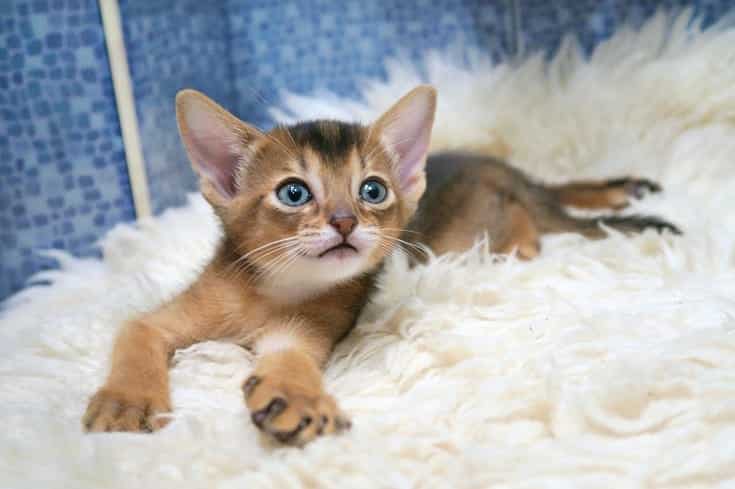
Abyssinian kittens are full of energy and love to play. This combination can make them accident-prone, so ensure you supervise your kitten. Introduce a grooming routine and veterinary visits early so they are used to them and aren’t as anxious about both as an adult. This is also the best time to introduce them to children, other people, and pets.
2. Junior (Up to 2 Years)
A junior cat is like an adolescent human. They are still full of mischief and will test your boundaries at this age. Ensure you get in lots of playtime and invest in toys to keep their minds and bodies active.
3. Adult (Up to 6 Years)
You will notice your Abyssinian still retains some kitten-like qualities into adulthood. They will continue to be curious about their environment and need you to promote good behavior with positive reinforcement. Abys are incredibly agile, and with a need to please their owners and spend as much time with them as possible, they’ve been likened to small, agile dogs.
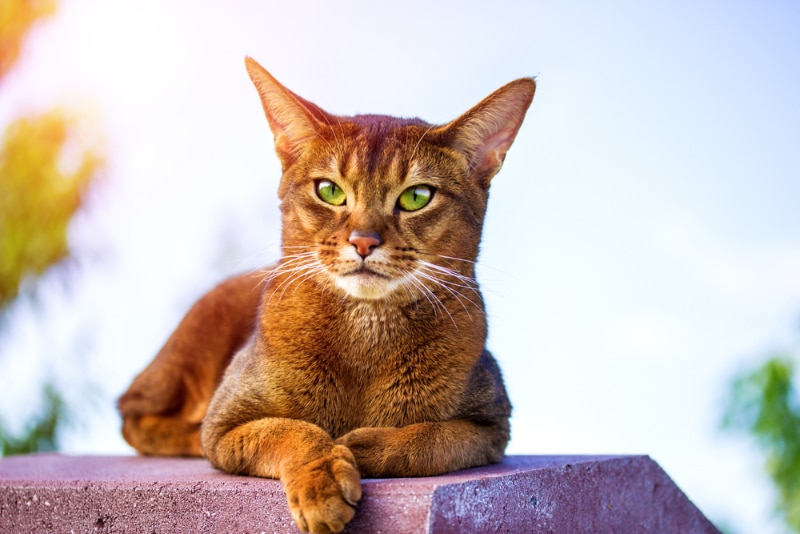
4. Mature Adult (Up to 10 Years)
You may notice your Abyssinian starts to slow down, and some minor health conditions might creep in. You might also notice changes to their behavior and weight, so encourage movement and be mindful about how much and what they’re eating.
5. Senior (Up to 15 Years)
They will be much less active and won’t want to play as much as they did, even if you tempt them with something they once loved to do.
This calls for a change in their environment and routines. You can adjust the portion sizes of their food, as they won’t be burning as much energy and switch them to a senior formulated diet. Additionally, provide comfortable spots for them to rest and ensure you keep up to date with your vet visits.
6. Geriatric (15 Years and Above)
Not all cats will reach this stage, and it’s truly an honor to love a cat for this long. They will sleep more and most likely be happiest when they’re with you because their love of being near you won’t disappear. Ensure your Aby eats and drinks enough and can access their litter box.
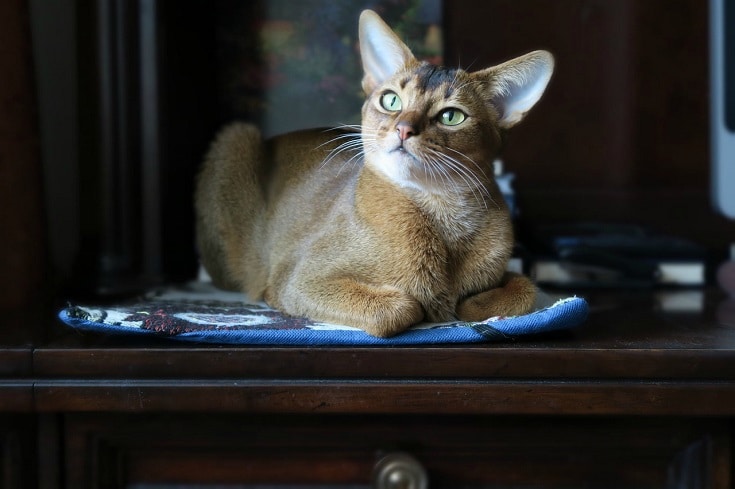

How to Tell Your Abyssinian Cat’s Age
If you have adopted your Abyssinian, you might need to take an educated guess at their age. Your vet may be able to provide you with a more accurate guess based on some behavioral and physical markers.
- Eyes: Around the age of six or seven, you may notice some cloudiness. This will become much more obvious when the cat is around 10.
- Grooming habits: Cats are meticulous about grooming, and you’ll notice younger cats will sport pristine coats while older cats may not do as thorough a job. This might be because they have put on weight as they get older or develop arthritis, so it’s trickier to reach the spots that were once easy to get to.
- Teeth: Kittens have deciduous (baby) teeth that are replaced by adult teeth around the 6-month mark. An older cat’s teeth will also often show general wear and tear, such as tartar and plaque build-up.
- Weight: As an incredibly active breed, the Aby will be the fittest when they’re in their prime. As they age, they may move less and be more prone to obesity.
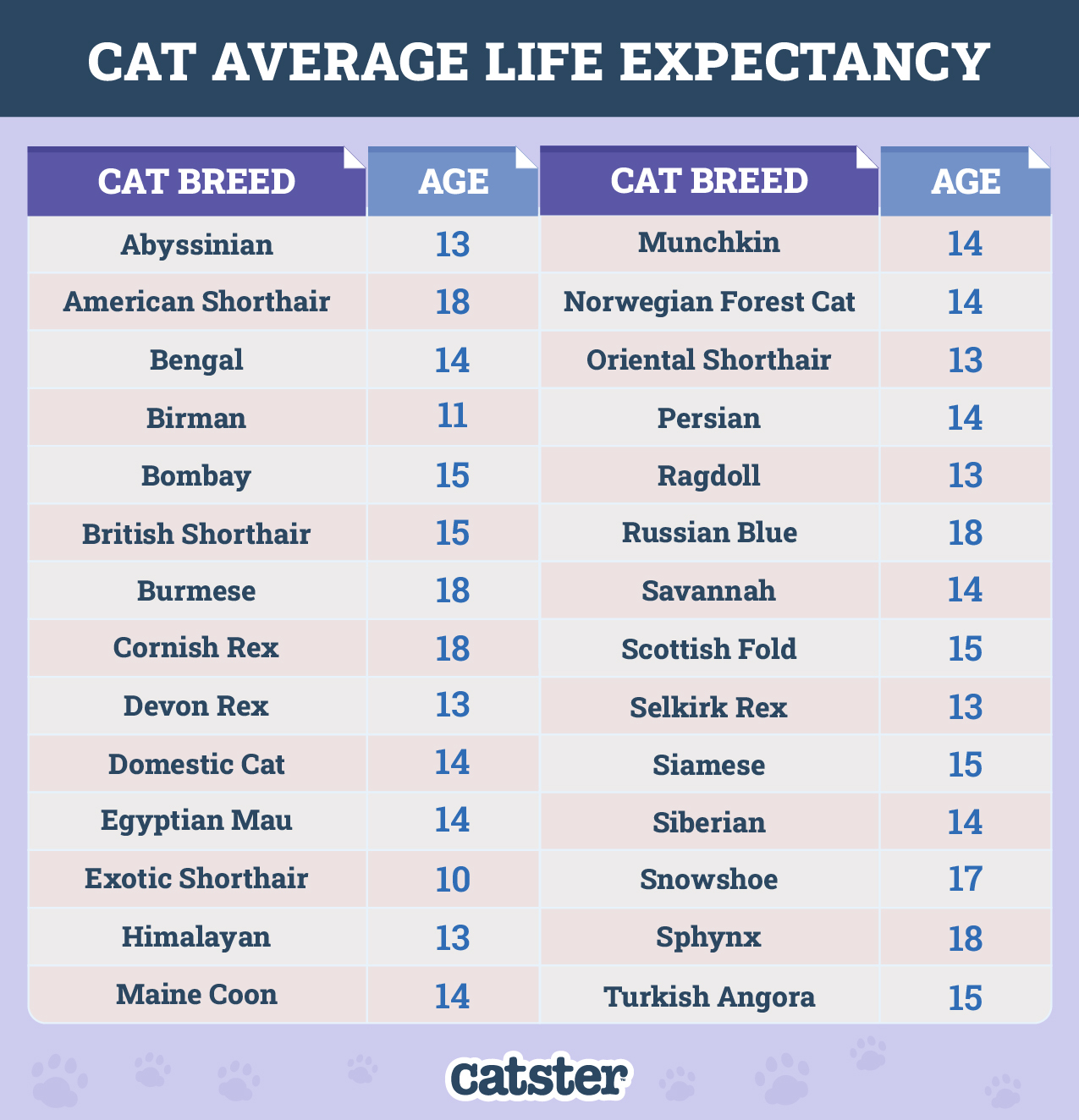

Conclusion
The Abyssinian typically lives 9 to 15 years, but some have been known to live for longer. The lifespan of a cat is affected by many factors, such as inherited health problems, lifestyle, nutrition, and environment. It’s important to keep up to date with scheduled vet visits, as your vet can catch many issues early. With the proper care and attention, you can ensure that your Aby will be with you for a long time!
See Also:
- How Big Does an Abyssinian Get? Average Weight & Growth Chart
- Do Abyssinian Cats Shed a Lot? Vet-Reviewed Care Facts
Featured Image Credit: Darya Lavinskaya, Shutterstock
